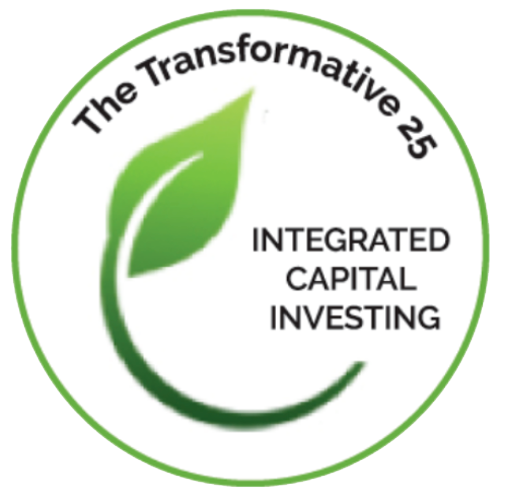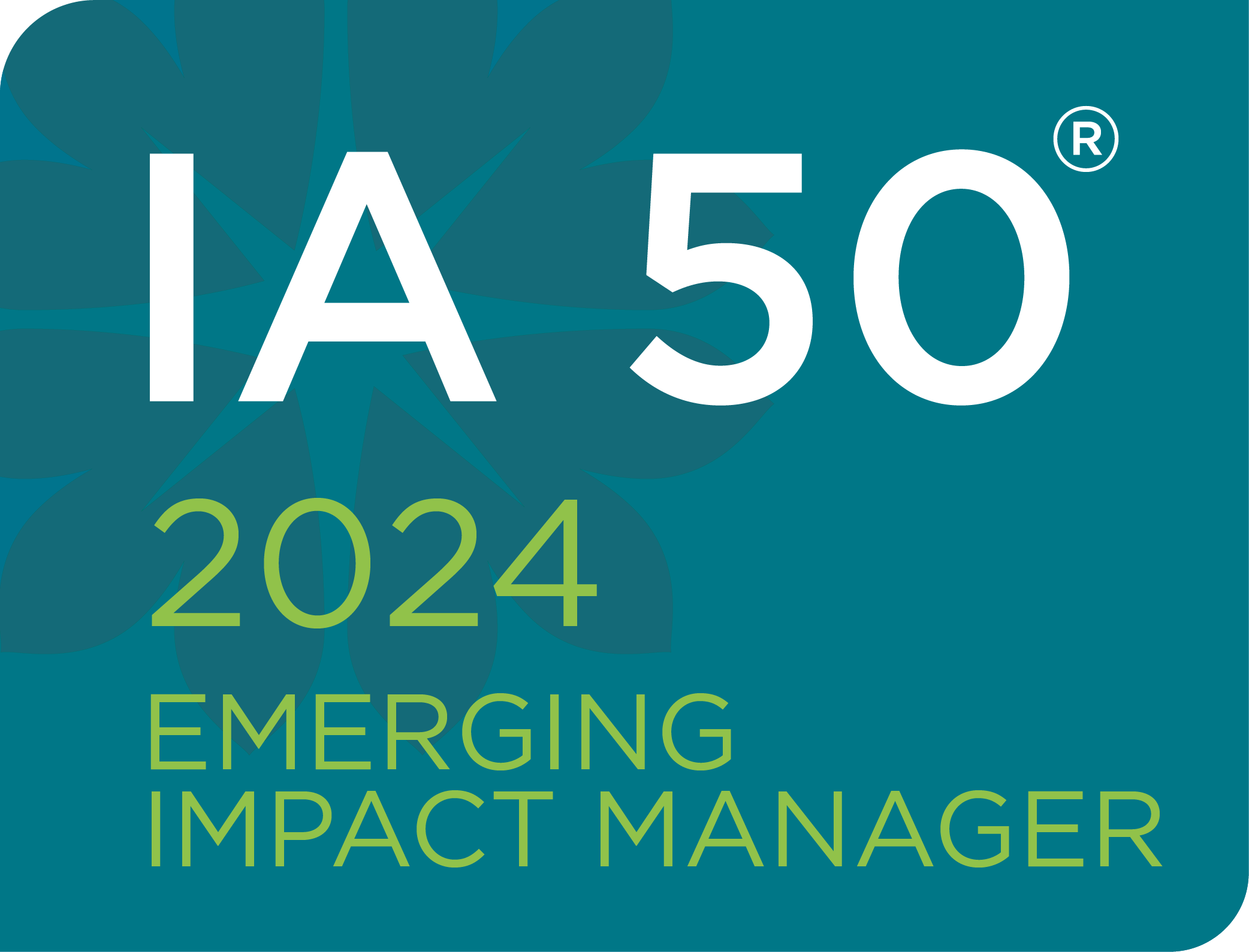Why is BII launching another Fund?
BII is launching Fund II to continue building on the success of its first $7 million fund (Fund I), and address the growing equity capital gap for entrepreneurs of color. BII believes there is continued need for our capital both locally in Massachusetts and across the broader Northeast.
How much is BII Fund II raising?
Our goal is to raise $20 million in notes. We’re also aiming to raise an additional 10% or $2 million in philanthropic capital per year to support our operations, technical assistance for the portfolio and field-building to strengthen our impact investing sector and solidarity economy ecosystem.
Why is BII looking for both investment and grant/donation capital?
We are dedicated to building a sustainable, inclusive and equitable economy, but know we can’t close the racial wealth gap in our community using investment capital alone. Philanthropic support is a necessary part of the solution: It supplies the risk capital that unlocks opportunity for undercapitalized enterprises, underwrites the development of new programs and nurtures leaders of color with the skills and experience to deploy capital in alignment with the values of justice, inclusion and solidarity. Unrestricted grants and donations allow us to continue our work pioneering new integrated capital solutions and approaches that build the impact investing field.
What types of investments will BII Fund II make?
Similar to BII Fund I, BII Fund II will invest in entrepreneurs of color leading social enterprises (both for profit and nonprofit organizations) that build financial, social, and political power for communities of color. BII Fund II will offer integrated capital – debt, equity, and grants – to enterprises, but plans to focus on providing more patient, non-extractive equity capital. BII Fund II will also seek to invest in community owned and controlled real estate that prevents displacement in Massachusetts and the Northeast.
How long will BII Fund II be offering notes?
BII Fund II plans to be open for investment until December 31, 2023, though this date can be extended through 2025 at BII’s option. Investments will be considered on a first come, first serve basis, and BII’s first fund was oversubscribed sooner than anticipated.
How can I invest?
We’re using Passthrough to manage the investment process. You’ll be asked a series of questions to collect investor information and determine eligibility. Follow this link to start.
Who can invest in BII Fund II?
BII Fund is open to accredited and non-accredited (community) investors. These include individuals, businesses, nonprofits, foundations, faith-based organizations and financial institutions.
What does accredited investor and unaccredited investor mean?
You will be asked to certify whether or not you are accredited during the investment process. In the US, a person or institution is considered accredited when they meet one of a handful of wealth / income metrics. Individuals that meet one of the following tests are considered accredited: annual income above $200,000 (or annual income above $300,000 together with their spouse), net worth above $1,000,000 excluding the value of your primary residence – either independently or combined with a spouse, or holders of a Series 7, Series 65, or Series 82 license. Entities generally must have over $5,000,000 in assets or fall into specific categories (i.e. banks, investment companies, etc.) to be accredited.
If I am unaccredited, can I invest in BII Fund II?
Yes, unaccredited investors can invest in the Community Notes – the highest return and most protected note class we offer. You must live in one of the following states to invest: Massachusetts, Rhode Island, Connecticut, Maine, New York, New Hampshire and Vermont.
How much can I invest?
For Community Investors, BII Fund II has a minimum investment amount of $1,000 and a maximum of $25,000. For Solidarity and Philanthropic investors, BII has a minimum of $10,000 and a maximum of $3,000,000.
Can I invest through a Donor Advised Fund (DAF) or Individual Retirement Account (IRA)?
Yes, you can invest using a donor advised fund or a self-directed IRA. Discuss your options with your DAF or IRA administrator, or connect them to us to explore how best to structure your investment in BII Fund II.
Can I make a recoverable grant to BII Fund II?
Yes, for those investors who prefer to invest through a recoverable grant, BII Fund II can enter into a Recoverable Grant agreement on economic terms similar to a Philanthropic or Solidarity Note or such other terms to be agreed by the parties, except that Recoverable Grants will be subordinated to the payment of all Notes.
Can a foundation or other entity with an endowment make a program related investment (PRI) in BII Fund II?
Yes, as a charitable loan fund with an impact first investment thesis, BII Fund II is a great candidate for a PRI. This can be a direct investment in the notes or a recoverable grant.
Has BII Fund II made investments so far?
Yes, BII Fund II has already made five investments totalling $1,150,000. These investments include: CareAcademy, ChopValue, East Boston Neighborhood Trust, TrillFit and Valley Home Insulation. Learn about Fund II portfolio companies here.
The Community Notes let me choose between annual interest payments and compounding interest. What is the difference? Which should I pick?
Community investors have a choice of getting some return early (the annual interest payment) or getting the most return possible (compounding interest). If you choose compounding interest, each year’s interest returns are added on to the note value and also accrue interest.
As an example, suppose you invest $10,000 in a BII Fund II Community Note on December 31, 2022 and select annual interest payments. You will receive your accrued interest total ($500) at the end of each year and your $10,000 initial investment amount back at year end 2027 for a total return of $12,500. If you select compounding interest, you’ll receive only one payment at the end of 2027 for slightly more – $12,763.
Is my investment tax deductible?
No, BII Fund II notes are considered an investment, not a donation, so they are not tax deductible.
Do the interest rates on BII Fund II notes change as the interest rate environment changes?
No, the interest rates on notes are fixed. Regardless of the interest rate environment, you will receive the stated interest rate on the applicable note.
- Community investors receive 5% until the first, optional maturity date of December 31st, 2027. If you opt to keep the investment in BII Fund II, you’ll receive 7% interest for the remaining 5 years.
- Solidarity investors who invest before December 31, 2023 will receive 3% interest. If BII extends the offering into 2024 or 2025, the interest rate will adjust to 2.5% for notes sold in 2024 and 2.0% for notes sold in 2025.
- Philanthropic investors receive 1% interest.
What kind of upside (additional investment return) can investors get if the Fund’s investments do well?
As a debt fund, BII Fund II does not offer any additional return to investors beyond returning accrued interest and the initial investment amount. After all noteholders are repaid in full and after the payment of all operating expenses, any profits in BII Fund II will be distributed to BII. BII may distribute such profits to local, charitable enterprises consistent with the exempt purposes of the BII’s supported organizations.
Can I get my investment back before the maturity date?
No, you cannot get your investment back before the maturity date (December 31, 2027 for Community Investors and December 31, 2032 for Solidarity and Philanthropic Investors). Investments in BII Fund II are considered illiquid: you do not have flexibility on when the investment can be returned to you as cash. If something unexpected happens, you have the option of converting the note to a grant at any time during the term. If you need your money back early, you may reach out to BII to request an exception, but BII cannot guarantee that it will honor this request. BII Fund II will, in its sole discretion, determine whether to grant the request, in whole or in part, taking into consideration the circumstances described by the investor, the financial condition and anticipated needs of BII Fund II, potential losses in its investments, and whether early redemption would be fair to other investors.
Am I guaranteed to get my investment back plus interest?
Investors in BII Fund II are NOT guaranteed their investment returns. BII Fund II faces several risk factors that are detailed in the offering memorandum. These risk factors may cause the Fund to underperform and jeopardize investment return. The Fund is structured so that the first investors to receive less than their targeted return are recoverable grants holders, followed by philanthropic investors. If losses persist beyond the total value of recoverable grants and philanthropic notes, solidarity investors and then eventually community note investors would lose their investment.
With BII’s targeted capital stack – roughly 30% Philanthropic Notes, 65% Solidarity Notes, and 5% Community Notes by dollar – Solidarity and Community classes have significant built-in protection. BII Fund II also has a reserve valued at $490,000 to absorb first losses before any investor classes.
What types of companies or real estate projects is BII Fund II investing in?
BII Fund II will invest in social enterprises owned by entrepreneurs of color who are committed to charting new markets, democratizing ownership and decision-making in the workplace, growing climate resilience and providing systemic solutions that build power for communities of color. Entrepreneurs of color must have significant ownership of the enterprise, which BII Fund II defines as greater than 33% ownership by Black, Latino, Asian or Indigenous founders or owners at the time of BII Fund II’s first investment. Most businesses and nonprofit organizations in BII Fund II’s pipeline will exceed this ownership threshold. The fund will also invest in commercial and residential real estate projects that support community ownership and control of land to prevent displacement. If you are or know of an entrepreneur seeking capital, visit our Get Capital page to learn more.
Who decides how the money in BII Fund II gets invested?
Companies seeking capital from BII are first brought through due diligence by the BII Investment Team, led by Investment Director Henry Noel and Impact Director Aliana Pineiro. BII employs a relationship-based due diligence process that considers both the financial viability of the investment and its alignment with BII’s impact thesis. During this time, the BII team also frequently delivers technical assistance to enterprises, with topics ranging from strategy and financial projections to workplace democracy and equitable ownership. BII does not use credit scores or other low-touch, historically biased means of financial evaluation. Instead, the BII team seeks to gain a deep understanding of the financial health, positioning, and people behind each enterprise to make an assessment of impact, risk and possible return.
Once an enterprise passes through the BII team’s due diligence, they present to the BII Investment Committee. The investment committee is appointed by BII’s board to employ their expertise in evaluating opportunities along BII’s investment thesis. Investment Committee members bring a wide variety of skill sets: finance backgrounds, successful entrepreneurs, solidarity economy principles, angel investors, and nonprofit leaders. The investment committee votes on each investment, either recommending the deal to BII’s board for approval, or passing on the opportunity at this time. The BII board provides final approval on each deal to ensure that BII’s investment activity is accountable to its mission.
I have a question that is not answered here – who can help me out?
Feel free to reach out directly to our team!
Betty Francisco, CEO – [email protected]
Deborah Frieze, Founder and Board Chair – [email protected]




